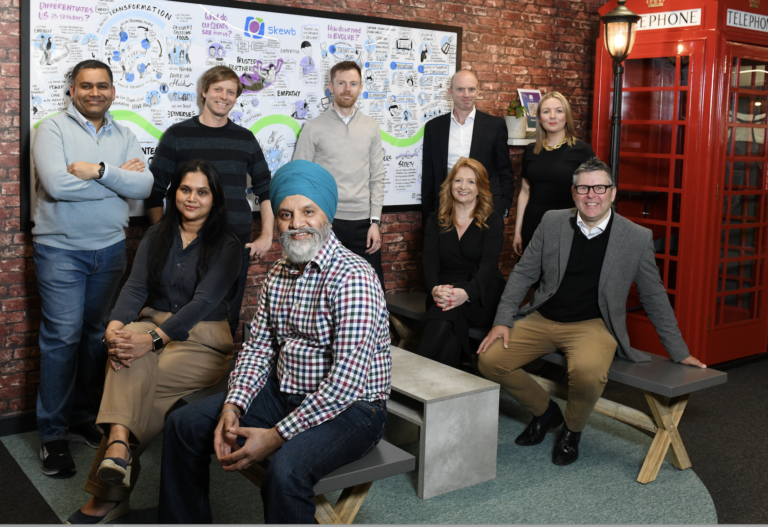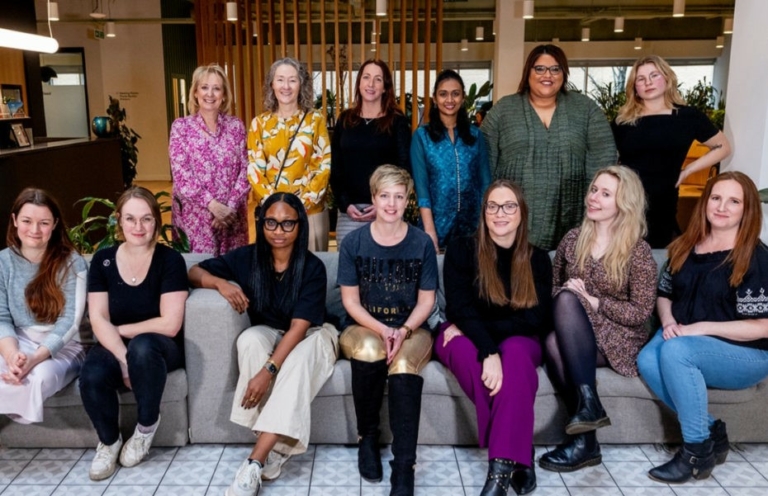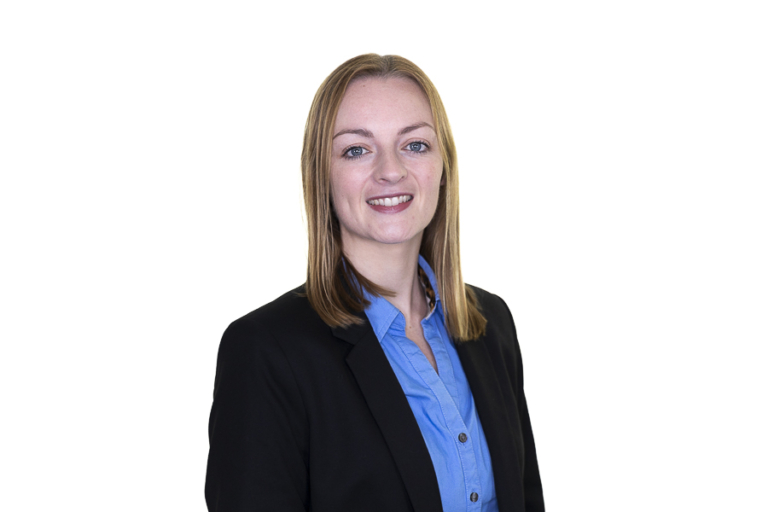John Treharne - The Gym Group
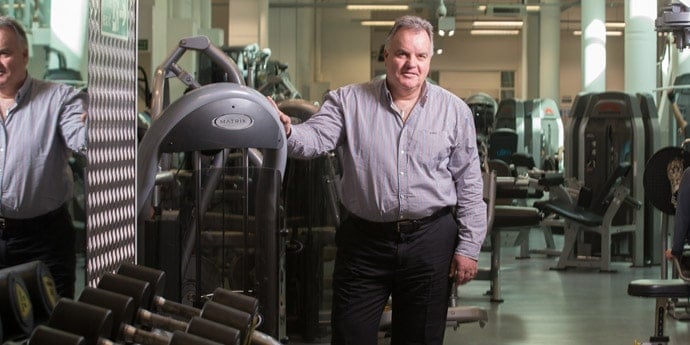
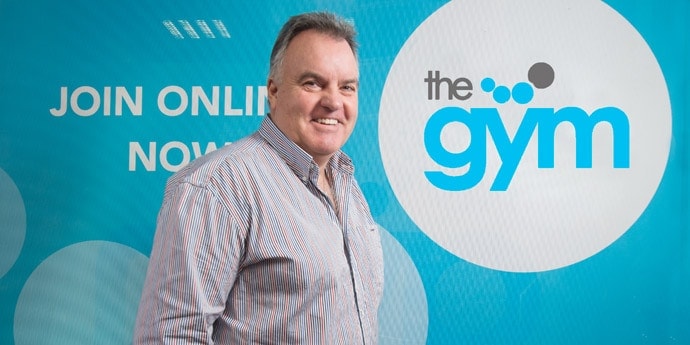 Just five years ago, former England squash player and accountant John Treharne launched The Gym, the UK’s first budget gym operator, opening a site in Hounslow: since then, he has rolled out 32 gyms across the country and plans to have up to 50 open by the end of 2013. In the past year alone, sales have grown by a phenomenal 140%, making it one of the fastest-growing companies in the UK and earning it 13th place on the recent Sunday Times Fast Track 100.
Just five years ago, former England squash player and accountant John Treharne launched The Gym, the UK’s first budget gym operator, opening a site in Hounslow: since then, he has rolled out 32 gyms across the country and plans to have up to 50 open by the end of 2013. In the past year alone, sales have grown by a phenomenal 140%, making it one of the fastest-growing companies in the UK and earning it 13th place on the recent Sunday Times Fast Track 100.
John Treharne is founder and CEO of The Gym Group, registered in Hounslow. Born in West Sussex in 1954, he studied economics at University College London, and, while there, played squash for England. He later became British racquetball champion for three years, gaining a place in the Guinness Book of Records for the racquetball playing record. Treharne originally trained and worked as an accountant: he got into the leisure industry when he joined the Coral Leisure Group, and ran its commercial squash division. In 1991, he set up his first venture, Dragons Health Clubs, building the chain to 22 sites, before floating the company and selling it for £31 million to Crown Sports, where he assumed the role of managing director.John Treharne founded The Gym Group in 2007, with funding from Bridges Ventures, which has committed £17.5m to date. The Gym Group achieved sales of £13.5m last year, and employs 98 people. It won Budget Gym of the Year at the National Fitness Awards 2011, and has just achieved 15th place on The Sunday Times 100 Best Small Companies to Work For list. Treharne is a fellow of the Institute of Directors, was chair of Squash England for eight years, is on the board of ukactive, the fitness industry’s trade association, and has been shortlisted for CEO of the Year in the South East BVCA Awards. He is married with three daughters and lives in East Grinstead.
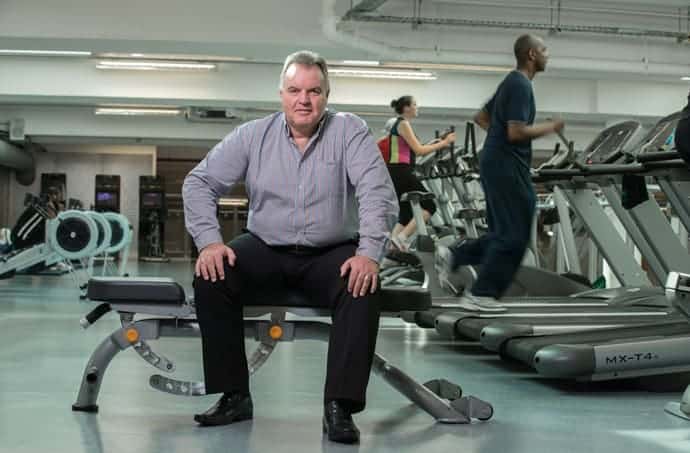
John Treharne you went from being an accountant and playing squash for England to setting up your own businesses in the health and fitness industry – did that feel like a big leap?
Yes, it certainly does when you charge your house to your first venture, which is what I did in 1990 when I started Dragons Health Clubs. There is a significant risk if it doesn’t work, but I was very confident it would work. Clearly there was an opportunity to take squash clubs and to add other facilities to make them significantly more appealing, turning them into family-based racquets and health clubs.
Why did you set up The Gym Group?
Again, I’d seen an opportunity. I’d come across the low-cost sector, particularly in Germany and America – such as McFit in Germany and Planet Fitness in the US – which was incredibly successful, and I realised nobody did the low-cost offering in the UK, which is the most expensive health club market in the world. I did a lot of research on the American and German markets first, to really understand what made it work. And that’s really what The Gym Group has come out of: it is based on their success but we are pioneering it in the UK and have taken the whole concept a lot further, mainly in the area of technology – the business is web-based, all our membership and administration is dealt with online – and we also expanded it into being a facility open 24/7, which wasn’t commonplace.How did you build the business?
Clearly there was an opportunity to roll the concept out. I approached the venture capital community who I knew well from the Dragons days. Funding startups in the UK is incredibly difficult, particularly at the moment, and by and large most of the venture capital community were very interested in the concept but wanted to buy an existing UK chain and convert it, but the whole point of the low-cost concept is that it is completely different. But I was then introduced to Bridges Ventures, which is a social private equity fund that does back startup businesses. They helped put together our first site in Hounslow, which opened in 2008, and they’ve been fantastic supporters of the business since then, providing us with equity capital, along with the banking facilities we have with HSBC, to enable us to roll out 32 gyms to date with 50 planned by the end of the year. We’ve opened 16 gyms in the past 12 months, six are in fit-out now, and we’re planning to open a further 15 - 20 gyms a year. We grew sales by 140% last year, and that growth is more aggressive this year than it was last year.

You’re expanding rapidly in a generally flat market – how would you account for your success?
It’s a number of factors. We have a great concept, for which there is a very strong demand: we’ve had 7.5 million visitors to our gyms in the past 12 months, and we have a membership database of over 600,000 people. The core of the concept is that 70% of people who join health clubs only use the gym, so we give members what the majority want: lots of excellent gym equipment, in a very clean and airy environment, with no frills, so we don’t have saunas, steam rooms, bars or swimming pools. And because all our processes are web-driven, we’re then able to dramatically reduce cost-base – we don’t need any administration staff. So that’s what enables us to offer members low-cost membership. There’s no membership contract, no compulsion to membership, which I’ve always disagreed with. 35% of our members have never been in a gym before, we’re attracting whole new markets, and that’s as much about no contract as it is about price. Nearly 30% of our members are shift workers, that’s a result of the appeal of our 24/7 environment. It’s a concept that appeals to a complete cross-section of society. Health club membership has always tended to be a very middle-class aspiration – we’re taking it outside that. We attract traditional health club users but we also attract people who couldn’t usually afford it, or who found the opening hours unattractive. It’s like low-cost airlines – all social strata use low-cost airlines, because they’re all looking for the same thing: an economic flight from A to B at a time that suits them. There are a number of keys apart from the product. We have a great management team. We’re the only UK health club operator that has Investors in People accreditation, being especially commended for the high motivation and energy levels displayed by the staff. This is great testament to our strong belief in allowing our managers to manage, they very much see their gym as “their business”. Working together with a young, passionate team, which also includes those in property and finance teams, is key to our success and is why we win unique awards in our sector.
Tell us more about your ambitious plans for expansion and continued innovation? You plan to double again in the next couple of years?
Yes, I’d like to achieve that very much. We’re not in a trolley dash but there are lots of opportunities in the market and the potential size of the market is significant. Our plan is to develop as McFit has in Germany, where we will have a multitude of sites predominantly in big cities. If I could put a gym on every tube stop in London, I would. I’m sure I’ll never achieve that. Nevertheless, big cities like Manchester, Birmingham, Leeds, Glasgow, Edinburgh, where we are already, we will be returning to a number of times. Our philosophy ultimately is to provide members with a gym near their home and a gym near where they work, and we’re already beginning to develop that. All the time from a property perspective we are looking for synergies with other types of operators where there are natural links. For instance, we’re developing a number of sites with Travelodge. And we are constantly looking at new products. We’ve just created an arrangement with Aviva whereby they offer our members, based on their gym usage patterns, discounts on private healthcare. As we expand, we’re bound to do more of that. We introduced a product called Myride in our gyms, which is a 24-hour virtual spinning concept, and we’re currently trialling 24-hour virtual pilates and yoga classes.
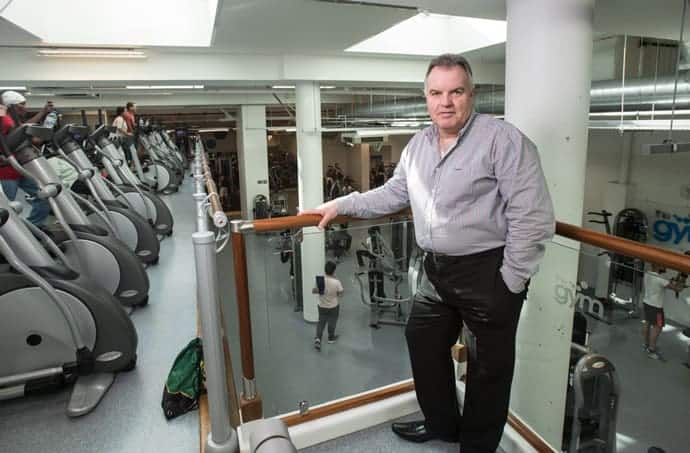
Is that the next big trend in fitness?
I think virtual exercise will increasingly feature in the gym. Myride has been incredibly successful, you can make it totally bespoke for you, you don’t have to book it, and if you happen to have been caught in traffic, you don’t miss the class. And, because it’s virtual, it opens you to an international market of quality teachers. People have been watching exercise DVDs since Jane Fonda’s days, so clearly there’s a market for virtual classes, and it fits our 24/7 environment: if you really want to do a class at 3 in the morning, you can.
What would you consider your greatest achievement?
Opening the first gym. The first one is always the most difficult, there’s so much pressure on it to be a success, because if it’s not a success, the concept never goes any further. But it was great fun. We were selling in a portakabin outside the 24-hour Asda in Hounslow and we opened it with 6000 members, so it’s been a great success, and of course it was the cornerstone that then built the confidence to roll out the chain.
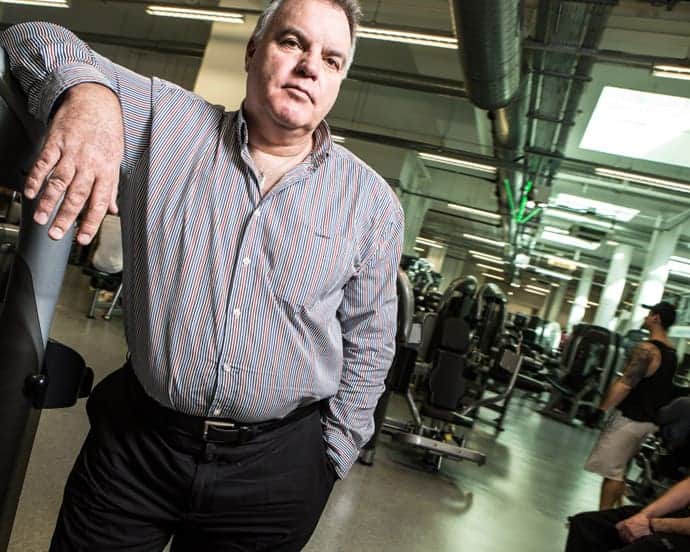
Do you have any unfulfilled ambitions, either in business or personally?
I’m still as motivated as ever. I’m keen to continue to develop our concept. And possibly look at expansion abroad, ultimately. There’s plenty of scope to develop in the UK market and that will always be our major focus, but at the same time it’s the same opportunity to develop what we’ve developed elsewhere – Europe is one area, but there are other markets as well. To some degree, it sits behind our logo: to use one of our members’ phrases, “it does what it says on the tin”, and gym is a generic word throughout the world, so certainly at some point we will be looking at overseas. So it all keeps me pretty busy. But I still love to play a bit of racquetball, and squash and tennis. I’ve combined my passion for sport and fitness with my passion for our business and it means that I enjoy every day because I’m doing something I love doing, which is very important, and it’s great working with a very vibrant young team who have the same passion as I do – I get a great buzz from it, it reminds me of when I was young!
Details: John Treharne - The Gym Group






